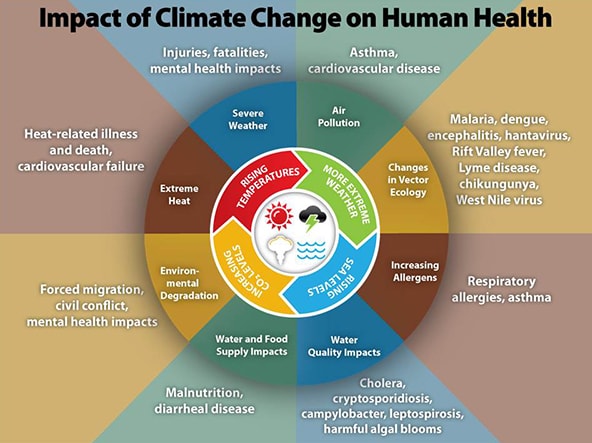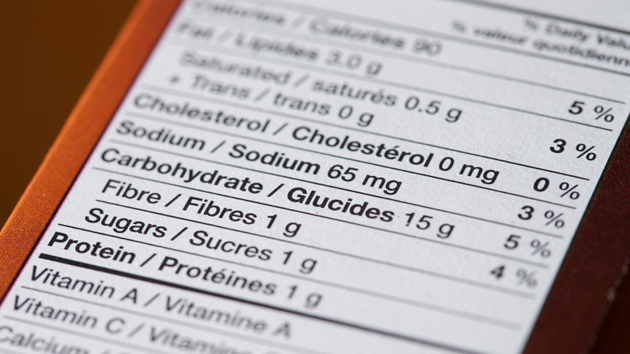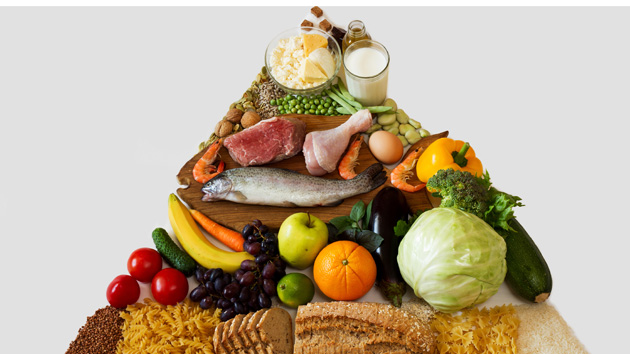
gilaxia/iStock/Getty
Americans consume, on average, more than a half a pound of meat per day—more than our counterparts in any other country. Should we eat less? A panel of 14 researchers from seven countries—all of whom claim to receive no meat-industry funding—just produced a study finding no compelling reason to cut back.
There’s a catch, however: “Considerations of environmental impact or animal welfare did not bear” on their conclusions, the study states. The researchers looked purely at health considerations: whether eating red meat, and also processed meat (think preserved products like sausage, bacon, etc.) increases the risk of cancer, diabetes, or cardiovascular trouble. After crunching data from dozens of red-meat and processed-meat studies, they found “low- to very low-certainty evidence” that reductions in either might produce slight decreases in bad health outcomes. The evidence was so shaky, and the potential health improvements so minor, that the panel concluded that adults can “continue current consumption” of burgers and sausages without major health consequences.
However, human health is about more than individual cases of heart disease or cancer. The US style of industrial meat production is a driver of climate change. And climate change brings all manner of health risks, from broadening the range of disease vectors like mosquitos to food shortages to increasing risk of deadly floods, fires, and heat waves. And there’s a pretty solid consensus that if we’re going to avoid the ravages associated with a 2°C rise in average temperatures over pre-industrial levels, then we’re going to have to cut way back on meat. I laid that case out here.
Back in 2015, when crafting the US Dietary Guidelines, which inform decisions on everything from agricultural subsidies to school lunch, the departments of agriculture and health and human services initially suggested that cutting down on read meat would not only bring health benefits, it would also be a more environmentally sustainable diet. After a backlash from GOP congresspeople and the food industry, the Obama Administration backed away from the environmental angle. “Issues of the environment and sustainability are critically important and they are addressed in a number of initiatives within the Administration,” a joint USDA/HHS press release stated.
But as for the dietary guidelines, the administration opted to “remain within the scope of our mandate” to stick to health advice, because dietary guidelines aren’t the “appropriate vehicle for this important policy conversation about sustainability.”
In the new study, that global team of researchers took a similar stay-in-your-lane approach to dietary advice. But the line separating public health and climate change is blurry. This graphic from another US government agency, the Centers for Disease Control and Prevention, drives that point home.













